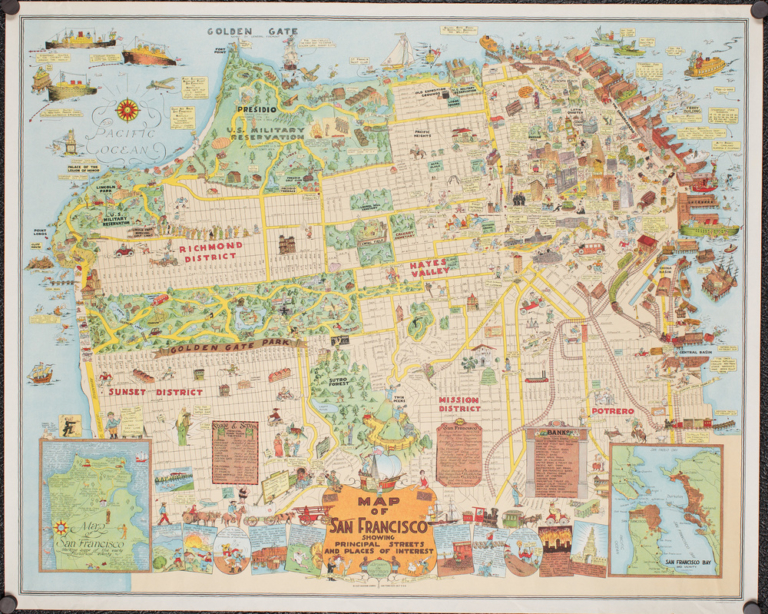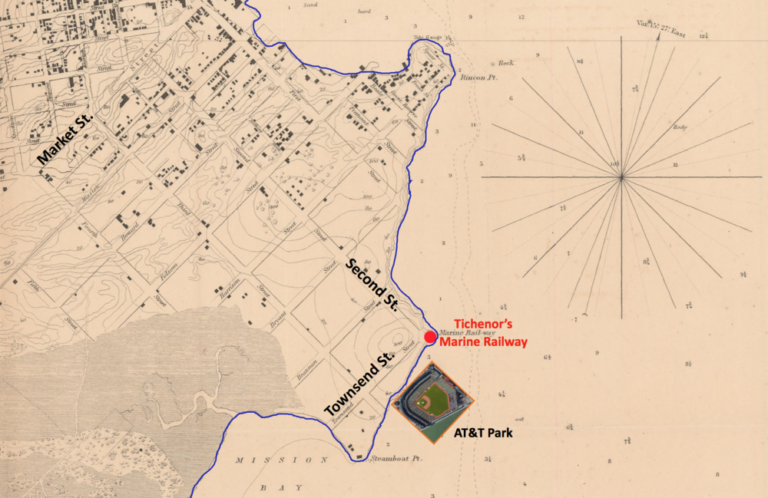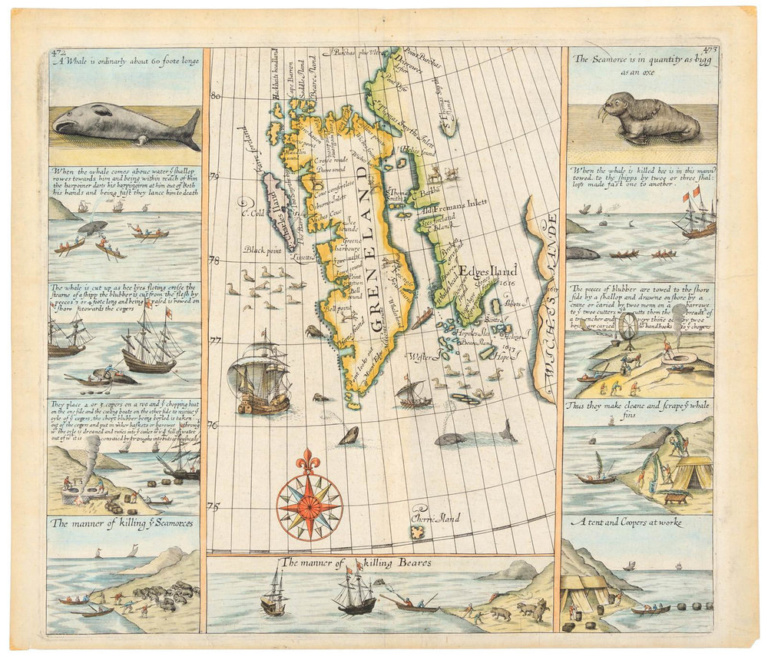In 1776, the young Alexander Mackenzie, a Scot living in New York City, was sent to Montreal when his father and uncle took arms in service of King George III. Three years later, still in Montreal, he apprenticed in a fur-trading company that would soon become part of the North West Company, rivals to (and eventually merged with) the great Hudson Bay Company.
Mackenzie’s name, however, has come to outshine the commercial empire for which he worked. Mackenzie is remembered first and foremost as the first European to travel over land to the Pacific Coast, which he accomplished in 1793, reaching the coast at the mouth of the Bella Coola river, in British Columbia.
Mackenzie’s Voyages from Montreal Through the Continent of North America to the Frozen and Pacific Oceans in 1789 and 1793 was published in 1801 and became almost immediately famous. For U.S. President Thomas Jefferson, Mackenzie’s journeys, and the consequent European claim to the land, was an immediate spur to fund the 1804 Lewis and Clark expedition, so that the U.S. might claim North American lands for itself, forestalling the European powers.
In Astoria, author Peter Stark writes that Jefferson had read Alexander Mackenzie’s 1801 warnings to his British countrymen about the urgent necessity of controlling the Columbia’s mouth and the Pacific Coast. And just as Mackenzie related to his own countrymen of the need for a Pacific seaport, so Lewis did the same when he returned from his journey.




